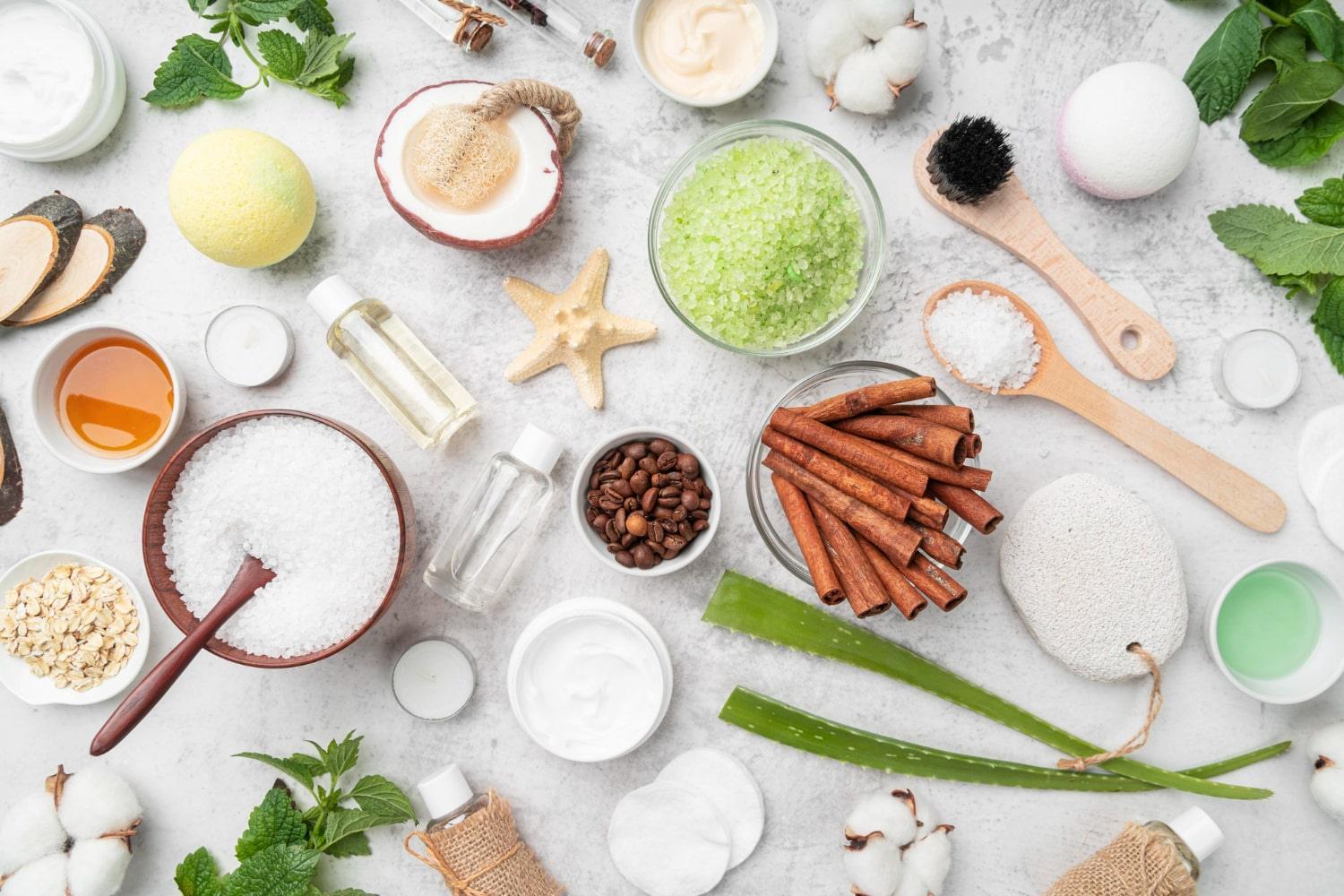Bladder discomfort relief can feel elusive, but it doesn’t have to be. If you’re suffering from irritation, urgency, or that nagging feeling of needing to go, you’re not alone. Millions of people experience bladder discomfort, and it can disrupt your daily life in ways that are often hard to articulate. But before you reach for over-the-counter medications, let’s explore seven natural remedies that can bring you the comfort you seek.
Contents
Understanding Bladder Discomfort
Bladder discomfort can stem from various causes, including urinary tract infections (UTIs), interstitial cystitis, or even dietary triggers. It affects your quality of life, making everyday tasks feel like monumental challenges. Why does this matter? Because you deserve to feel comfortable in your own body. You shouldn’t have to plan your life around bathroom breaks, and there are natural remedies that can help you regain control.
Why Choose Natural Remedies?
Natural remedies often come with fewer side effects than conventional medications. They tap into the body’s innate ability to heal itself. Plus, they can be an empowering choice, allowing you to take charge of your health in a way that feels right for you. Let’s dive into the remedies that can help soothe your bladder discomfort.
1. Hydration is Key
Staying hydrated is your first line of defense. Water helps to flush out toxins and bacteria that can irritate your bladder.
- Aim for at least 8-10 glasses of water daily.
- If plain water feels dull, try herbal teas or infused water with slices of cucumber or lemon.
But be mindful! While hydration is essential, drinking too much at once can lead to increased urgency. Sip throughout the day instead.
2. Herbal Remedies
Certain herbs have long been used for bladder health. Here are a few to consider:
- Cranberry: Known for its ability to prevent UTIs, cranberry juice can help reduce bladder irritation. Look for unsweetened varieties to avoid added sugars.
- Dandelion: This herb is a natural diuretic, helping to flush out impurities from your body. You can find dandelion tea in health food stores or make it fresh from the leaves.
- Nettle Leaf: Packed with nutrients, nettle can help reduce inflammation and support urinary function.
Remember, it’s essential to consult with a healthcare provider before starting any herbal regimen, especially if you’re on medication.
3. Dietary Changes
What you eat can profoundly impact your bladder health. Consider these dietary adjustments:
- Avoid Irritants: Common irritants like caffeine, alcohol, spicy foods, and acidic fruits can worsen bladder discomfort. Keep a food diary to pinpoint what affects you.
- Increase Fiber: A diet rich in fiber can help maintain bowel health, reducing pressure on the bladder. Include whole grains, fruits, and vegetables in your meals.
These small changes can make a monumental impact on your bladder health.
4. Warm Compresses
Sometimes, all your body needs is a little warmth. A warm compress can help relax the muscles around your bladder and ease discomfort.
- How to use: Simply soak a clean cloth in warm water, wring it out, and place it on your lower abdomen.
- Duration: Leave it on for about 15-20 minutes while you take some time for yourself.
This gentle approach can provide immediate relief and help you regain comfort.
5. Kegel Exercises
Strengthening your pelvic floor can alleviate bladder discomfort and improve control. Kegel exercises are simple and can be done anywhere.
- How to do Kegels: Squeeze the muscles you would use to stop urinating. Hold for five seconds, then relax for five seconds. Repeat this 10-15 times per session, three times a day.
Not only do Kegels strengthen your pelvic floor, but they can also enhance your sexual health. It’s a win-win!
6. Mindfulness and Relaxation Techniques
Stress and anxiety can exacerbate bladder discomfort. Practicing mindfulness can help:
- Meditation: Just 10 minutes a day can reduce stress levels. Focus on your breath and let your thoughts drift away.
- Deep Breathing: When you feel discomfort, take a few deep breaths. Inhale deeply through your nose, hold for a moment, and exhale slowly.
These techniques can help you feel more centered and less anxious about your bladder discomfort.
7. Essential Oils
Some essential oils can soothe bladder discomfort when used correctly.
- Chamomile: Known for its calming properties, chamomile oil can relax your body and mind.
- Lavender: This oil is not only calming but also has anti-inflammatory properties.
You can use these oils in a diffuser or mix them with a carrier oil for a gentle massage on your lower abdomen.
Putting It All Together
Natural remedies for bladder discomfort can empower you to take control of your health. Here’s a quick recap of the remedies we discussed:
- Stay hydrated.
- Incorporate herbal remedies.
- Make dietary changes.
- Use warm compresses.
- Practice Kegel exercises.
- Engage in mindfulness.
- Utilize essential oils.
Bottom Line
Bladder discomfort doesn’t have to rule your life. By embracing these natural remedies, you can soothe your symptoms and regain your confidence. Start incorporating these tips into your daily routine, and take that first step toward a more comfortable you.
FAQ
Q: How long will it take to see results from these remedies?
A: Results can vary based on individual circumstances. Many people notice improvements within a few days to weeks.
Q: Are there any side effects to using herbal remedies?
A: While herbal remedies are generally safe, it’s essential to consult with a healthcare provider, especially if you’re pregnant or on medication.
Q: Can stress really affect my bladder health?
A: Absolutely! Stress can lead to increased urgency and discomfort. Mindfulness practices can be beneficial.
Embrace these natural remedies, and take a step toward a life free from discomfort. You deserve it!
Get Your FREE Natural Health Guide!
Subscribe now and receive our exclusive ebook packed with natural health tips, practical wellness advice, and easy lifestyle changes, delivered straight to your inbox.






